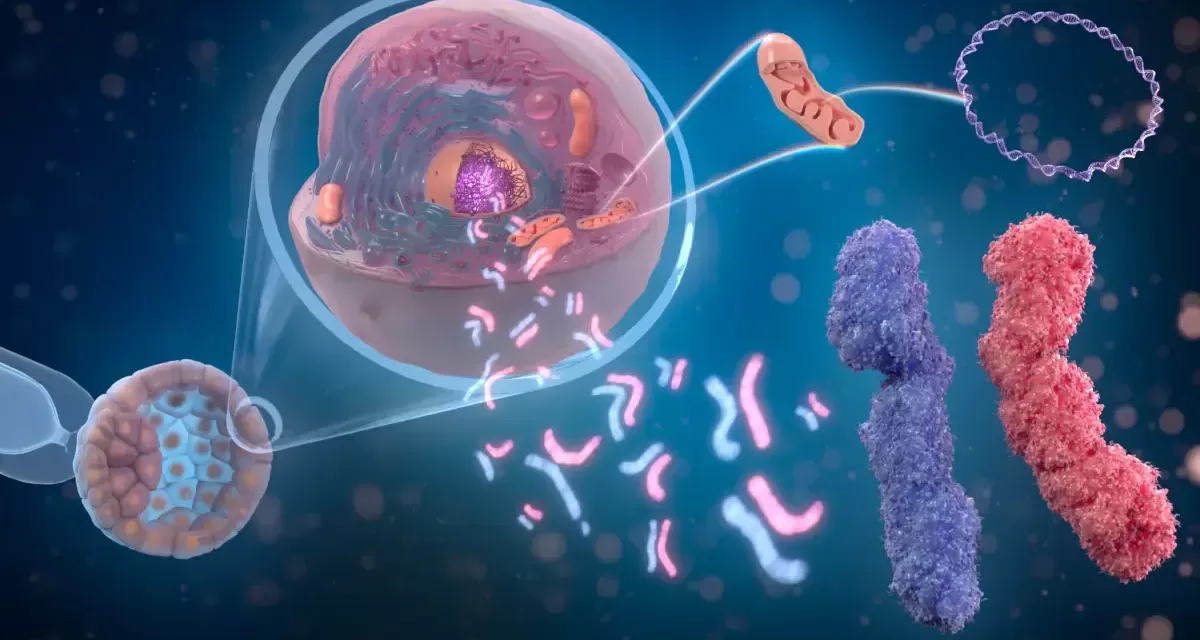September 3, 2024—A groundbreaking advancement in genetic testing for embryos has been announced by researchers from Karolinska Institutet and Maastricht University. The newly developed technique allows for comprehensive genetic screening of embryos in a single test, identifying all known genetic abnormalities with greater speed and accuracy than ever before. Published today in Nature Communications, this innovation is poised to significantly increase the chances of a healthy pregnancy for parents at risk of inherited conditions or recurrent miscarriages.
Pre-implantation genetic testing (PGT), commonly known as embryo selection, is an IVF procedure where embryos are screened for specific genetic abnormalities before being implanted in the womb. Traditionally, PGT has required multiple tests to detect different types of genetic issues, leading to time-consuming processes and sometimes unclear results. However, the new technique, developed under the leadership of geneticist Masoud Zamani Esteki, affiliated with Karolinska Institutet, changes this approach entirely.
The technique enables the analysis of the entire genome, encompassing all genes and chromosomes, in one comprehensive test. This all-encompassing method ensures that any hereditary condition can be detected more rapidly and with greater precision, eliminating the need for multiple, condition-specific tests. “With the available tests, we could only examine specific parts of the genetic information in an embryo,” explains Esteki. “This new technique maps all the genetic information in an embryo, which means we do not need to develop a PGT test for each individual condition.”
Beyond its broad scope, the new method also detects specific abnormalities in mitochondrial DNA, such as those associated with MELAS syndrome, providing a more complete genetic profile of each embryo. This advancement is expected to result in a higher number of embryos being deemed viable for implantation, as the testing is more accurate and faster, with a certainty rate exceeding 99 percent.
Currently, this cutting-edge technique is available at Maastricht UMC+, the Netherlands’ sole PGT center. It is anticipated that PGT centers worldwide will soon adopt the method, offering new hope to parents facing significant genetic risks.
However, with the ability to examine the entire genetic material, new ethical considerations emerge. “In principle, we can look beyond the condition for which help is sought and better determine which embryos have the best chance of succeeding in pregnancy and giving birth to a healthy child,” Esteki notes. While this could reduce the number of procedures required, it also raises questions about how to handle unexpected abnormalities and distinguish between normal genetic variations and conditions that should preclude embryo transfer. The researchers emphasize that these ethical questions must be addressed before the new technique can be fully integrated into clinical practice.
The research, conducted at the GROW Research Institute of Maastricht University and Maastricht UMC+, represents a significant leap forward in reproductive medicine, offering a promising future for genetic testing and embryo selection.











